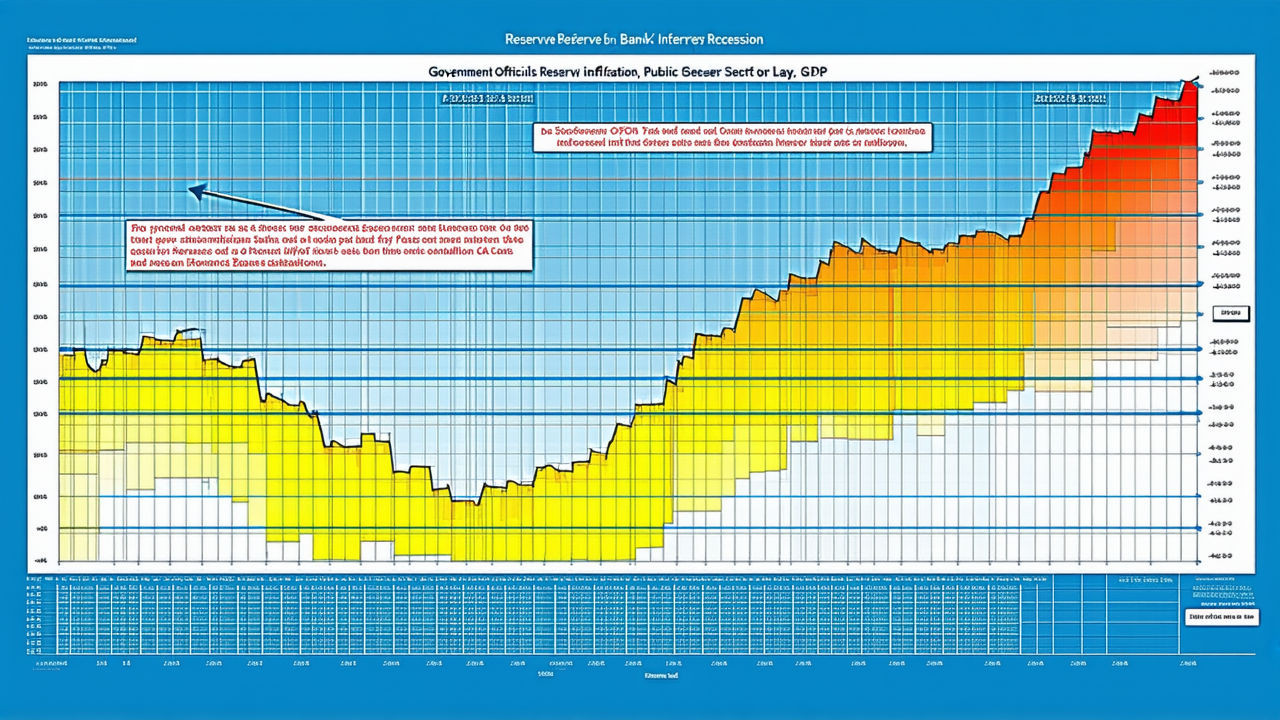Who's Really to Blame for New Zealand's Economic Troubles?
Who's Really to Blame for New Zealand's Economic Troubles?
New Zealand's economy has been struggling for some time now, with many citizens wondering who is to blame for the current downturn. While it's tempting to point fingers at either the government or the Reserve Bank, economists are saying the situation is more complex than that. The country's economic troubles are the result of a combination of factors, including overstimulation during the pandemic, the aftermath of inflationary policies, and the difficult task of unwinding those policies without causing further harm.
The primary sector has been one of the few bright spots in the economy, but the rest of the country is still feeling the effects of a sluggish economic environment. Last weekend, Kiwibank's chief economist, Jarrod Kerr, pointed to the Reserve Bank's decision to push the economy into recession in order to tackle rampant inflation. However, some readers who contacted RNZ argued that this oversimplified the situation and ignored the impact of government spending cuts and job reductions in the public sector.
One reader shared that their wife's office at the Ministry of Primary Industries in Christchurch had cut its headcount by 10%. For each public service worker laid off, two to three private sector jobs were also lost. Another example cited was the cancellation or freezing of infrastructure projects, which led to a quarter to a third of the engineering workforce being laid off.
According to Gareth Kiernan, chief forecaster at Infometrics, the overstimulus of the economy from both the government and the Reserve Bank in 2020 and 2021 led to an unsustainable overheating. This overstimulation meant that the economy was not in a position to easily recover when the policies were reversed. Kiernan says that the government and the Reserve Bank are both to blame for creating the current situation, but they also had no choice but to take corrective actions.
He explained that government consumption spending in December 2022 was 13.5% higher than forecasted before the pandemic. Even now, government spending is still 7.5% higher than expected. This means that while the government has been cutting back, it hasn't fully unwound the massive spending increase that occurred during the pandemic. The same applies to government investments in infrastructure, schools, and hospitals, which are now 18% higher than expected by mid-2024.
When looking at the breakdown of GDP, Kiernan found that government investment has contributed positively to the economy's performance. However, the private sector and household spending have been sluggish, which he attributes to high interest rates and the Reserve Bank's policy decisions. He estimates that around two-thirds of the economy's underperformance over the last two years is due to interest rates, 20 to 25% is due to government spending, and the remaining 10% is due to underperforming exports.
Miles Workman, a senior economist at ANZ, said the relationship between the government's fiscal policies and the Reserve Bank's monetary policy is complex. He noted that the faster the government brings its finances back into balance, the more likely the Reserve Bank would need to lower interest rates to offset the impact on the economy. However, this is not a simple equation, as the Reserve Bank's policies are influenced by the government's fiscal decisions.
Economics professor Robert MacCulloch from the University of Auckland criticized both major political parties for mishandling the economy over the past few years. He said the narrative that one party is to blame for the country's problems is misleading and a
